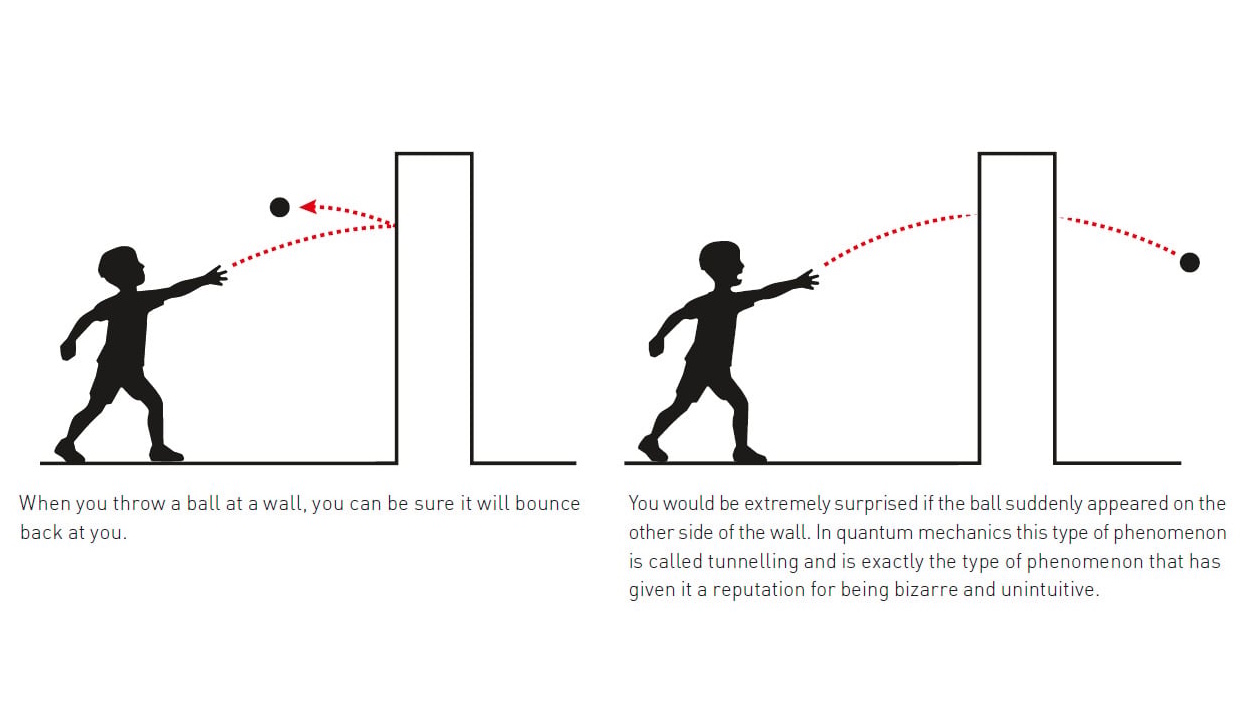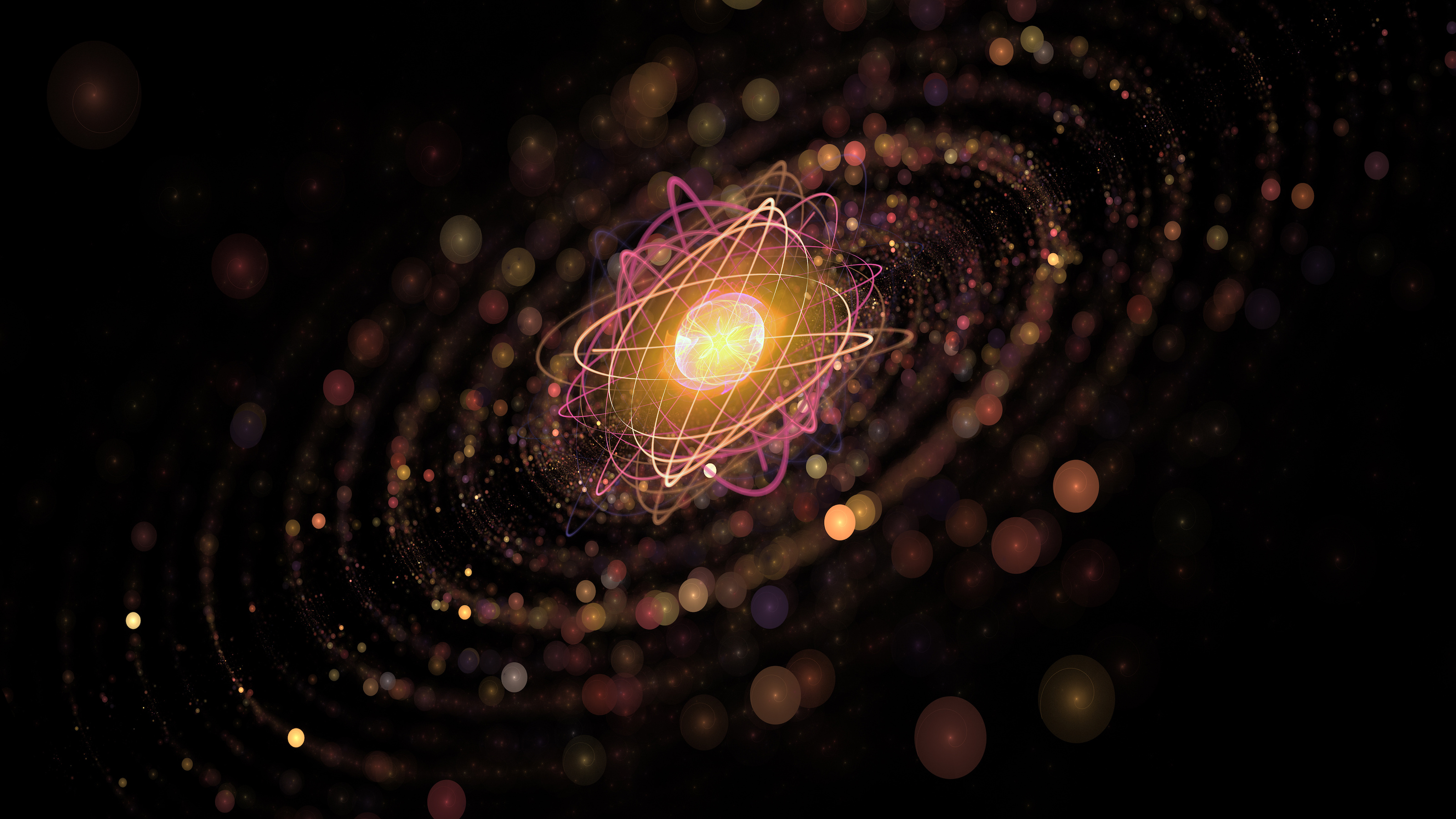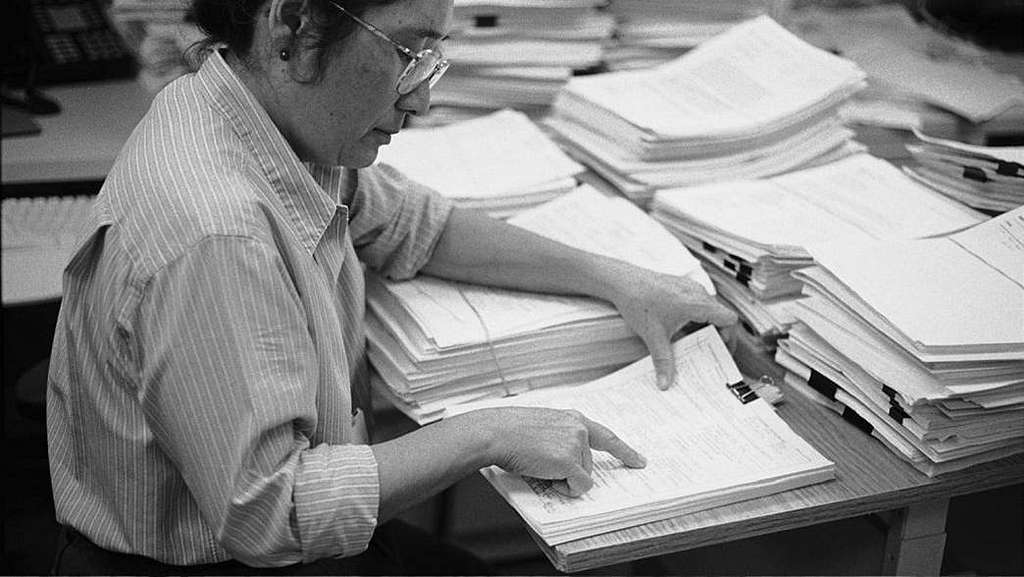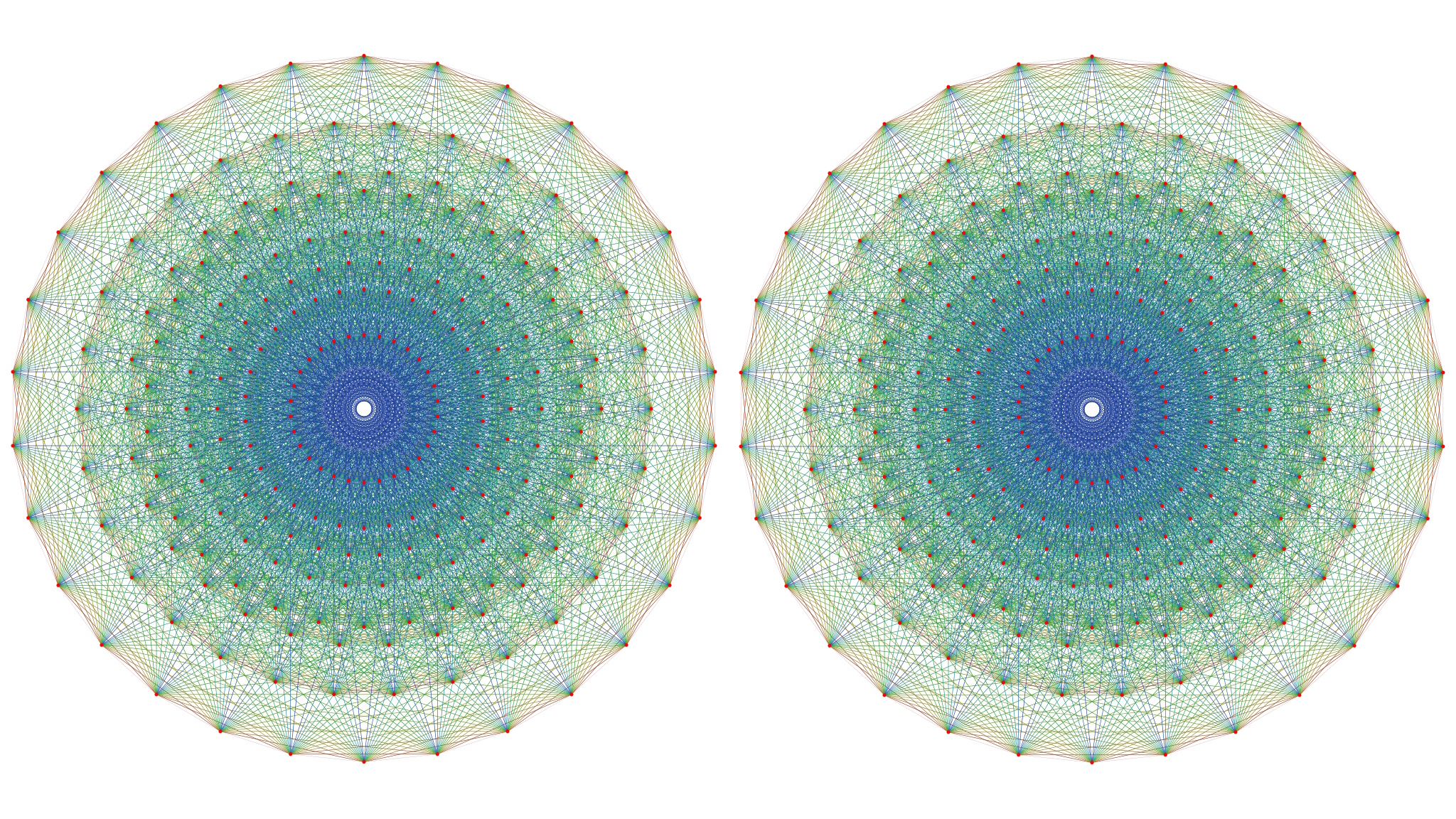In this Big Think interview, theoretical physicist Sean Carroll discusses the concept of time and the mysteries surrounding its properties. He notes that while we use the word “time” frequently in everyday language, the real puzzles arise when we consider the properties of time, such as the past, present, and future, and the fact that we can affect the future but not the past.
Carroll also discusses the concept of entropy, which is a measure of how disorganized or random a system is, and the second law of thermodynamics, which states that there is a natural tendency for things in the Universe to go from a state of low entropy to high entropy — in other words, from less disorganized to more disorganized. He explains that the arrow of time, or the perceived difference between the past and the future, arises due to the influence of the Big Bang and the fact that the Universe began in a state of low entropy.
Carroll also touches on the possibility of time travel and the concept of the multiverse.
SEAN CARROLL: Lexicographers will tell you that time, the word, "T-I-M-E," is the most used noun in the English language. We can't get through the day without talking about time all the time. I think about how we use time, when we actually talk about it. If you say, "Meet me at 7 p.m.," no one panics. No one says like, "Oh my God, what are you talking about with these esoteric concepts about 7 p.m.?" We all know what to do operationally. Time, in some sense, is just a label on different events in the Universe. The Universe happens over and over again at different things we call moments, and time helps us tell the difference between one moment and another. So what time is, I don't think is the problem. The issue- the real puzzles- come about when we talk about the properties that time has. We have a past, we have a present, we have a future. How are they different? Are we moving through it? We have memories of the past, but we have no memories of the future. Why is that? Where does that asymmetry come from? Why are we all born young? Why do we all inevitably age? Why do we think that we can affect the future but not the past? Could we possibly travel back into it? Anyway, there's a lot of questions about the nature of time that are really confusing and many of them we don't know the answer to, but what time is, I don't think it's one of them.
One of the most noticeable features of time is that it has a direction, right? That there's a difference between the past and future. Sometimes we think about this as just an intrinsic feature of reality. Like the past already happened, it's in the books- the future is up for grabs. It hasn't happened yet, and the present is where we live. But then, along comes physics. And what people notice about our best theories of physics is that those theories do not distinguish between the past and the future. But in our everyday lives, nothing is more obvious. It really requires a bit of mental discipline to say, "Well, time could exist without an arrow." And one way of thinking about that is there is no intrinsic arrow of space, but there's still space, okay? We live in a three-dimensional world- up, down, left, right, forward, backward- at the level of the fundamental laws of physics, there's no special direction in space. And how you perceive that is imagine you're an astronaut: you're flying around in your little spacesuit. There wouldn't be any difference between any direction you could look. There's no experiment you could do in physics that would point out a direction in the universe, but space still exists. Likewise, time would still exist even if there wasn't an arrow. But here on Earth, we do have an arrow of space. If I pick up a coffee cup and let it go, it will always fall down. There's clearly a distinction between up and down. No one is tempted to think that's a fundamental feature of the Universe. It's not because downness is embedded in the laws of physics. It's because we live in the vicinity of an influential object-the Earth. The arrow of time is exactly the same way. We in our everyday lives, perceive an arrow of time because we live in the aftermath of an influential event: the Big Bang.
And that gets us into a realm of the concept of 'entropy.' Entropy is how messy, how disorganized, how random a system is. When things are nice and neat and tidy, they are low entropy. When they're all messy and all over the place, they're high entropy. And there's a natural tendency of things in the Universe to go from low entropy to high entropy. This is called the 'second law of thermodynamics.' The real question is: Why was the world ever low entropy to begin with? Why was the world lower entropy yesterday than it is today? The explanation is not completely satisfying, to be honest. The explanation is the following: because it was even lower entropy the day before yesterday. And why was the Universe even lower entropy the day before yesterday? Because it was even lower entropy the day before that. And this chain of reasoning goes back 14 billion years to the Big Bang, to the origin of our observable universe; in a hot, dense state, a very low-entropy state, and the Universe has been increasing in entropy ever since. And this is called the 'Past hypothesis' by philosophers- David Albert, who's a philosopher of physics, gave it this name. So now we say, "If you know that the world is made of atoms, and you know what entropy is, in terms of rearranging all those atoms, and you know the past hypothesis- that the entropy of the universe started really low- then you can explain everything that happened after that. There's a way of talking about human life and entropy, which I think is misguided, which is that we should think about life. You know, literally living, being a biological organism, taking in food and everything, as a fight against increasing entropy. I think that's wrong. I think that we owe life to the fact that entropy is increasing, because what would it mean if entropy were not increasing? It would mean that nothing is happening. Nothing interesting is taking place. Without entropy increasing, there's no memory of the past. Without entropy increasing, there's no causal effect that we have on the future. You'd just be in what we call 'thermal equilibrium.' Everything would be the same everywhere. It would be the maximally boring universe. But what we do have as a scientific question is: 'Why do complicated complex structures come into existence at all?' It's clear that they need increasing entropy to exist, because if entropy were already maxed out, there would be no complexity. But that doesn't mean they have to come come into existence.
Think about a famous example there: The perfume is all in little bottle. It's in a big room. You open it, and it all floats through the room. The entropy of the perfume increases. But if you think about it, when the perfume is all in the bottle, it's very simple. Once it's all spread through the room it's also very simple. It went from low entropy to high entropy, but it went from simple to simple. It's the journey from the simple, low-entropy starting point to the simple, high-entropy ending point, that there's a large space of possibilities where things can be intricate. There's more perfume here over there. There can be swirls caused by the motion of the wind in the room and so forth. The Universe is just like that. Our Universe started out simple and low entropy. In the future, the stars will die, the black holes will evaporate. It'll be dark, empty, and again, simple, but high entropy. It's in between that things like us- complicated, intricate systems that feed off of the increasing entropy of the Universe- can and do come into existence. We don't know the whole story there. I think it's a very fun, active, scientific research area: Why did complex structures like living beings come into existence and exactly the way we did? What is the role of information? What is the down-to-Earth chemistry that is going on here? What is the geology that is going on here? Could it happen on other planets? Very interesting questions- but one thing I do know is that if entropy weren't increasing along the way, none of it would've come to pass.







